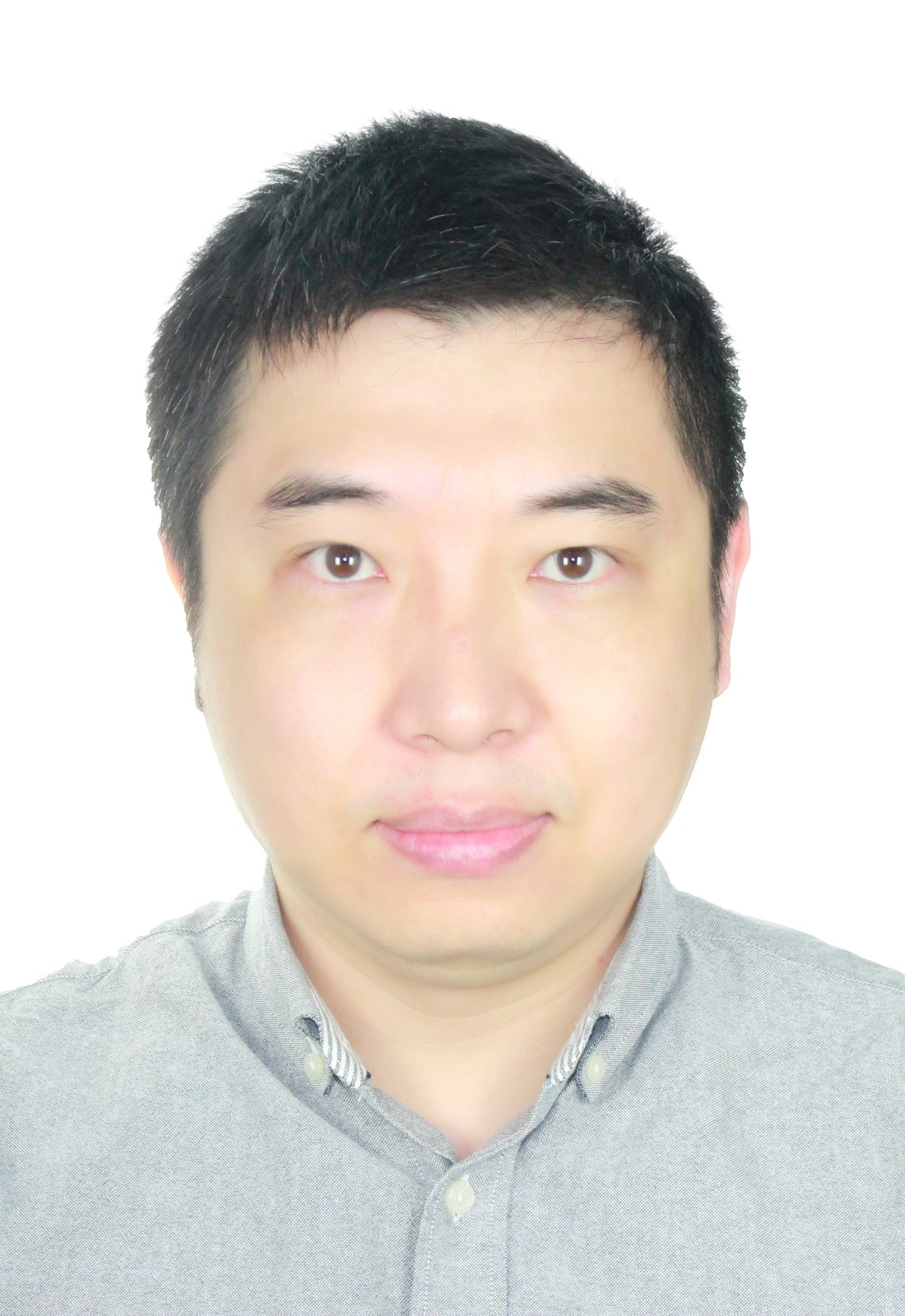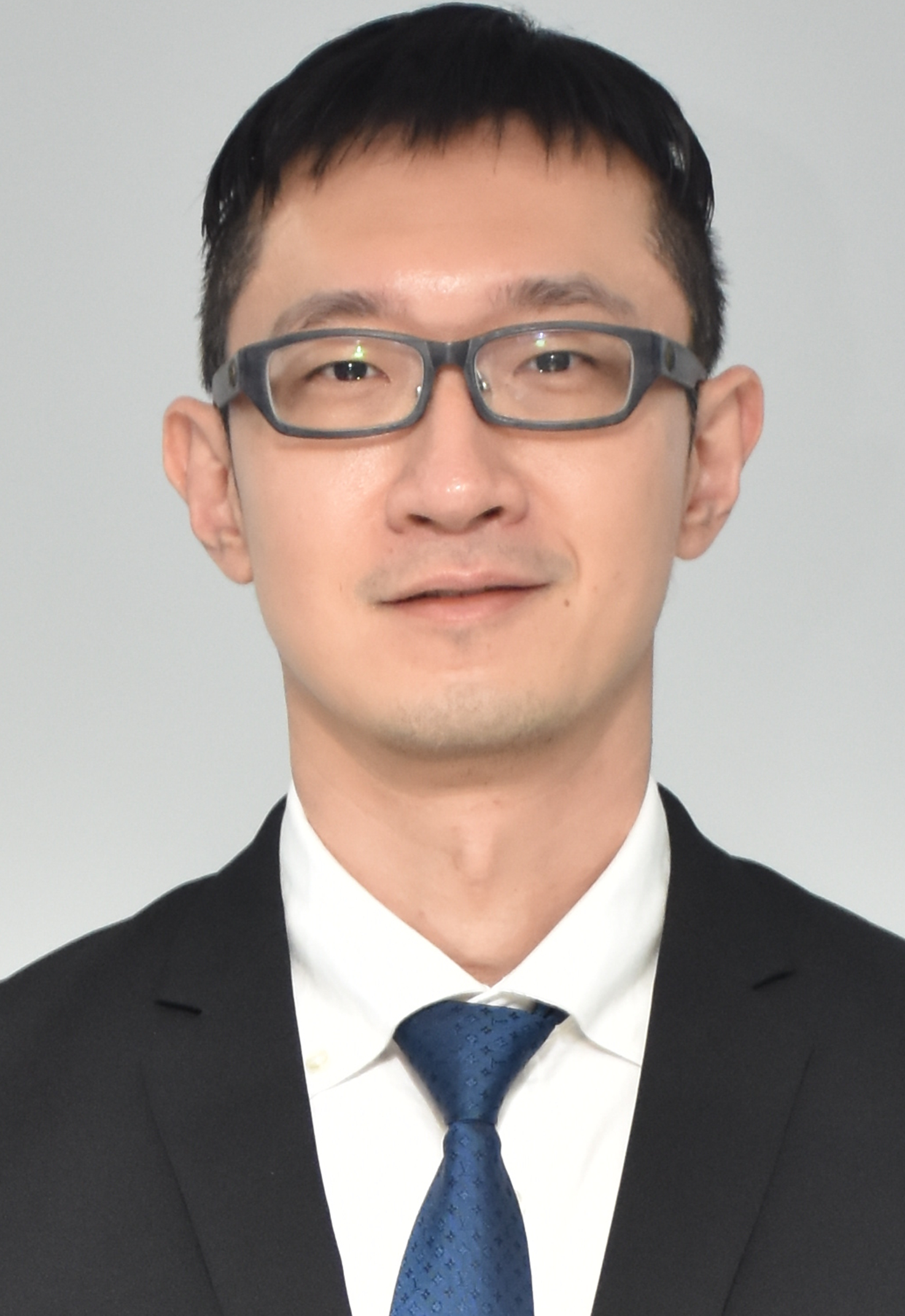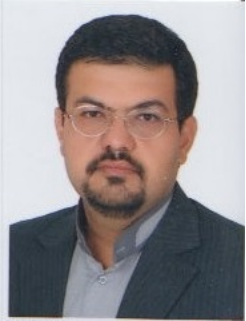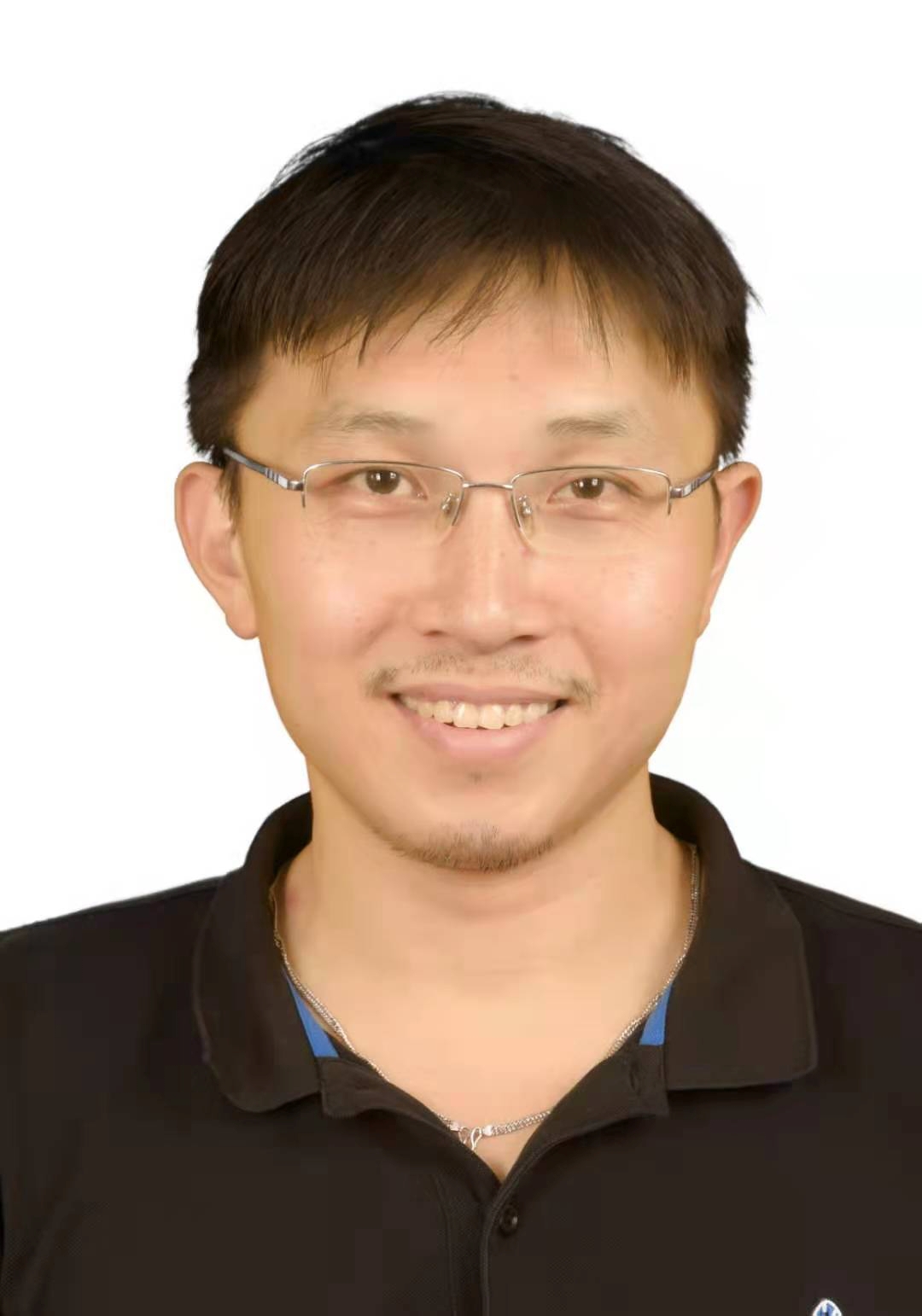
Prof. Liang HuTongji University, ChinaBiography: Dr Liang Hu is a professor with Tongi University and also the Chief Al Scientist with DeepBlue Academy of Sciences, China. His research interests include recommender systems, machine leaming, data science and general intelligence. He has published a number of papers in top rank interational conferences and journals, including WWW, IJCAI, AAAL, ICDM, TOIS, TKDE, TNNLS. He has been invited as the program commitee members of more than 30 top-rank Al interational conferences, including AAAI, IJCAI, ICDM, CIKM, and KDD. He also serves as the reviewer of more than ten top-rank interational journals, including ACM CSUR, IEEE TKDE, ACM TOIS, IEEE TPAMl, etc. In addition,he has presented more than ten tutorials on recommender systems and machine leaing at top-rank Al conferences including IJCAl, AAAl, SIGIR, WWW and ICDM. Title: New Paradigms of Human-Computer Collaboration in the Era of Generative AI Abstract: The development of generative large language models, represented by ChatGPT, is in full swing, and the cross-modal generative technologies represented by Stable Diffusion, MidJourney and SORA have become cutting-edge hot topics. It is said the generative AI technology is rapidly emerging. In the era of current generative AI models, the development of generative technology has also brought a brand new paradigm to the modes of human-computer collaboration. This report will narrate the new paradigms of human-computer collaboration brought to us by generative AI technology in common daily scenarios, including content recommendation, game production, and smart healthcare. |
|
| Prof. Por Lip Yee, IEEE Senior MemberUniversity of Malaya, MalaysiaBiography: Dr. Lip Yee, an esteemed Professor at the Department of System and Computer Technology within the Faculty of Computer Science and Information Technology at the Universiti Malaya, Malaysia, earned his Ph.D. from the Universiti Malaya under the mentorship of Prof. Abdullah bin Gani in 2012. He is also a senior member of the IEEE. Since then, Dr. Por has made significant contributions to academia, research, and industry. Dr. Por's research endeavors have been at the forefront of technological advancement, particularly in the domains of security and quality assurance of information (NEC 2020: 0611) and machine learning (NEC 2020: 0613). His research interests include machine learning, support vector machines, deep learning, long-short-term memory, computer vision, AIoT, IoT, blockchain, authentication, graphic passwords, PIN-entry, cryptography, data hiding, steganography, and watermarking. His pioneering work has garnered recognition both nationally and internationally, with over 100 academic papers published in reputable journals. Notably, he was among the first few pioneers to publish in the top 1% of ISI journals, with commendable citations across platforms such as Web of Science, Scopus, and Google Scholar. Web of Science (H-index: 18, 1343 citations), Scopus (H-index: 22, 1748 citations), and Google Scholar (H-index: 29, 2777 citations) databases (last update: July 13, 2024).https://www.webofscience.com/wos/author/record/B-5309-2010 Title: The Role of Artificial Intelligence in Modern Journalism Abstract: The adoption of artificial intelligence (AI) in journalism is revolutionizing the processes of news collection, creation, and dissemination. This study examines the transformative influence of AI technologies, such as natural language processing (NLP), machine learning (ML), and big data analytics, in facilitating automated content creation, tailored news recommendations, and trend analysis. While these advancements enhance efficiency and audience engagement, they also present challenges like exacerbating the digital divide and reinforcing filter bubbles, which can exclude marginalized communities and reduce exposure to diverse viewpoints. Overcoming these challenges necessitates the development of inclusive algorithms, initiatives to promote digital literacy, and equitable access policies to ensure that AI-driven journalism serves the needs of all societal groups. |
Assoc. Prof. Pavel Loskot, IEEE Senior MemberZhejiang University-University of Illinois at Urbana-Champaign Institute (ZJUI), ChinaBiography: Pavel Loskot joined the ZJU-UIUC Institute in January 2021 as the Associate Professor after being nearly 14 years with Swansea University in the UK. He received his PhD degree in Wireless Communications from the University of Alberta in Canada, and the MSc and BSc degrees in Radioelectronics and Biomedical Electronics, respectively, from the Czech Technical University of Prague in the Czech Republic. He is the Senior Member of the IEEE, Fellow of the Higher Education Academy in the UK, and the Recognized Research Supervisor of the UK Council for Graduate Education. His current research interest focuses on problems involving statistical signal processing and importing methods from Telecommunication Engineering and Computer Science to other disciplines in order to improve the efficiency and the information power of system modeling and analysis.
Abstract: Parameterized structured are used extensively in creating machine learning models for training datasets. For example, learnable activation functions are used in Kolmogorov-Arnold networks, which provides more degrees of freedom and potentially enhanced learning over traditional neural networks with fixed activation functions. In this talk, I will discuss how to define univariate parameterized functions such as polynomials and splines having the desired degree of continuity, and which can be used as learnable activation functions, empirical distribution functions, learnable one-dimensional transformations, and interpolation functions. |
|
| Assoc.Prof. Ata Jahangir Moshayedi, IEEE Senior MemberJiangxi University of Science and Technology, ChinaBiography: Dr. Ata Jahangir Moshayedi, an Associate Professor at Jiangxi University of Science and Technology in China, holds a PhD in Electronic Science from Savitribai Phule Pune University in India. He is a distinguished member of IEEE and ACM, as well as a Life Member of the Instrument Society of India and a Lifetime Member of the Speed Society of India. Additionally, he contributes to the academic community as a valued member of various editorial teams for international conferences and journals. Dr. Moshayedi's academic achievements are marked by a portfolio of over 90 papers published across esteemed national and international journals and conferences. In addition to his scholarly publications, he has authored three books and is credited with two patents and nine copyrights, emblematic of his pioneering contributions to the field. His research interests include robotics and automation, sensor modelling, bio-inspired robots, mobile robot olfaction, plume tracking, embedded systems, machine-vision-based systems, virtual reality, machine vision, artificial intelligence. Title: Service Robotic as an Assistance for alzimer disease Abstract: Service robots are increasingly being integrated into various fields to assist humans in their daily lives. One of the most promising applications is in the care of individuals with Alzheimer’s disease (AD). This keynote explores the role of service robotics in providing assistance to those suffering from AD, examining their potential to enhance the quality of life, ease the burden on caregivers, and improve overall care delivery.The integration of service robotics into Alzheimer’s care presents a promising frontier for enhancing patient well-being and supporting caregivers. While challenges remain in terms of technology adaptation, cost, and ethical considerations, the potential benefits are substantial. Future advancements in robotics, AI, and machine learning will likely lead to more sophisticated, user-friendly, and effective solutions tailored to the unique needs of Alzheimer’s patients. Embracing these innovations can significantly contribute to improved care, greater independence for patients, and a better quality of life for both patients and their caregivers. This keynote discusses the transformative role of service robotics in Alzheimer’s care, addressing challenges such as memory loss and caregiver burnout. It explores various types of robots—from companions to assistive and therapy robots—and showcases case studies highlighting their effectiveness. Ultimately, it emphasizes the potential of these technologies to improve patient well-being, enhance safety, and support daily activities, while considering future advancements in robotics and AI for even greater impact. |
Assoc. Prof. Nengjun ZhuShanghai University, ChinaBiography: Nengjun Zhu is an associate professor at the School of Computer Engineering and Science, Shanghai University. He received a bachelor degree from Sichuan University and a Ph.D. degree from Shanghai Jiao Tong University, both in computer science and technology. Nengjun Zhu has been a visiting scholar in the Management Science and Information Systems Department at Rutgers, the State University of New Jersey, and a researcher at Baidu Research. He has co-organized several influential international conferences like PRICAI 23, and was a PC member of many top-tier conferences, such as KDD, IJCAI, ICDM, and DASFAA. Nengjun Zhu has published more than 40 papers on the top-tier journals and conferences, such as TOIS, TKDD, WSDM, IJCAI, and ICDM. His research interests include recommender systems and trusted learning on medical domains. Title: Behavior Decoupling and Intent Modeling based Recommender Systems Abstract: User intent and user preference are two factors affecting user decisions. Specifically, the former narrows the selection scope to some item types, while the latter helps to compare items of the same type. Most session-based recommender systems (SBRSs) assume one arbitrary user intent dominates a session when making a recommendation. However, this oversimplifies the reality that a session may involve multiple types of items conforming to different intents. Explicitly identifying and differentiating items conforming to various user intents can address this issue and model rich contextual information of a session. To this end, we introduce several recently papers related to user behavior decoupling and intent modeling, and discuss the future way of SBRSs. |
|
| Dr. Lai Zhong YuanChief Scientist at Shanghai Ballsnow Intelligent Technology Co. Ltd.Biography: Lai Zhong Yuan, PhD in Theoretical Physics from the University of Bonn in Germany, Postdoctoral Fellow at Fudan University in Shanghai, Visiting Scholar at Max Planck Institute in Germany and Poincaré Research Institute in France, currently Chief Scientist at Shanghai Ballsnow Intelligent Technology Co. Ltd. Professional experience in theoretical physics, deep learning and neuroscience. Title: NeuroScribe: A Dynamic Movement Primitive-Inspired Framework for Robust Neural-to-Action Mapping in BCI Trajectory Generation Tasks Abstract: Brain computer interfaces (BCI) remain the primary artificial framework via which the human neural apparatus is able to communicate, interact with, and manipulate the external environment. To date, a wide spectrum of BCI applications have been proposed, which functionalities ranging from control to neuromodulation. Among these, the possibility of using neural electrical signals to control an external setup promises to revolutionize accessibility technology and rehabilitative care. Various conventional algorithmic frameworks have been proposed for this purpose; most of these consist of frameworks which decode neural inputs into output commands for the specific external mechanism via classification, with the attendant shortcoming that such mappings are very much limited in its expressiveness. More recent works have proposed generative models for this purpose; however these require large amounts of training data which is usually unavailable. We propose NeuroScribe, a method inspired by dynamic movement primitives (DMPs) to robustly map neural electrical signals to parameterized action trajectories. DMPs have the advantages of being robust, easy to train, and is easily generalizable to a range of motions. We demonstrate the efficacy of our framework in a handwriting generation task. Numerical experiments show the superiority of our approach compared to several state-of-the-art baselines. We conclude that our workflow is a promising approach to the task of neural control. |





